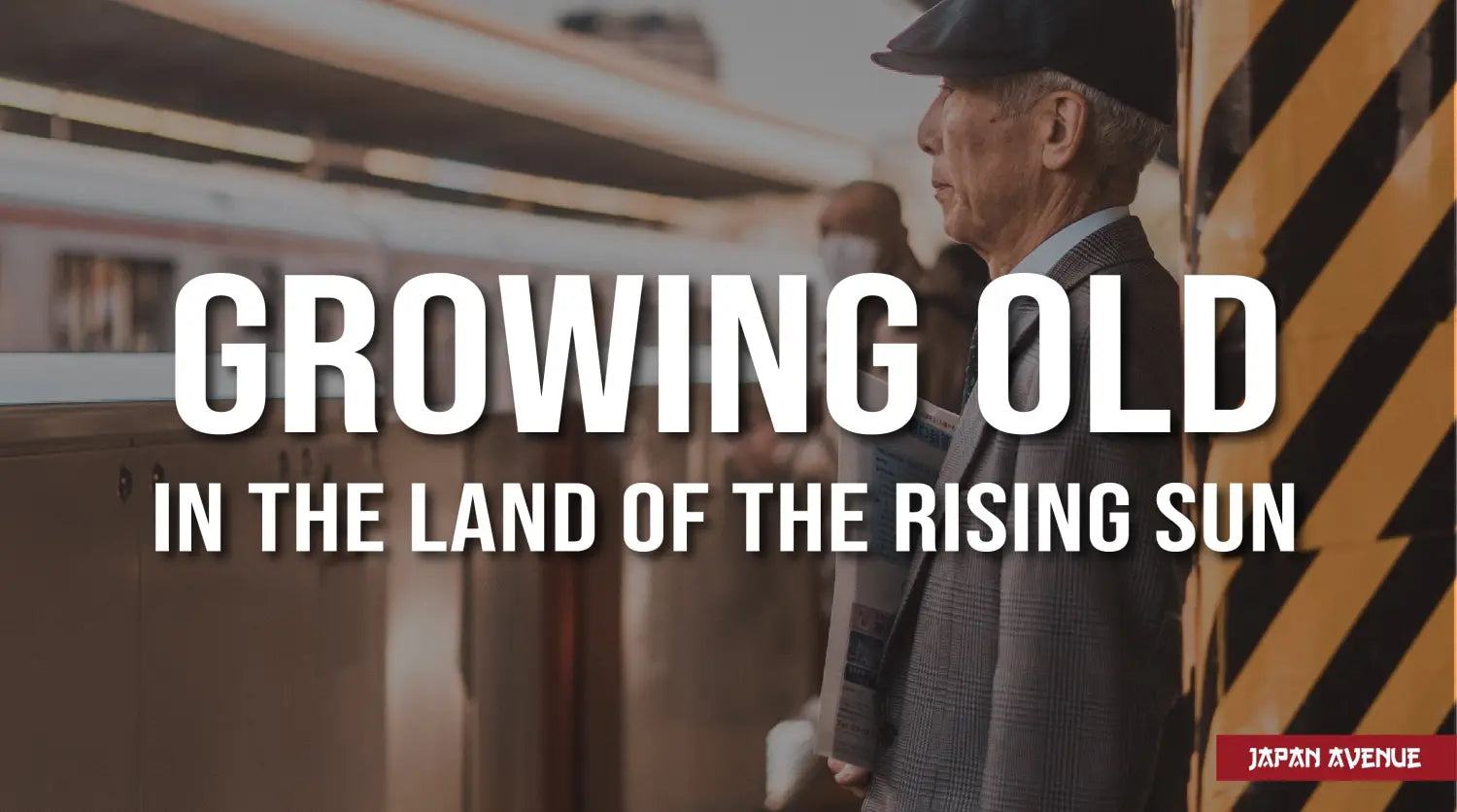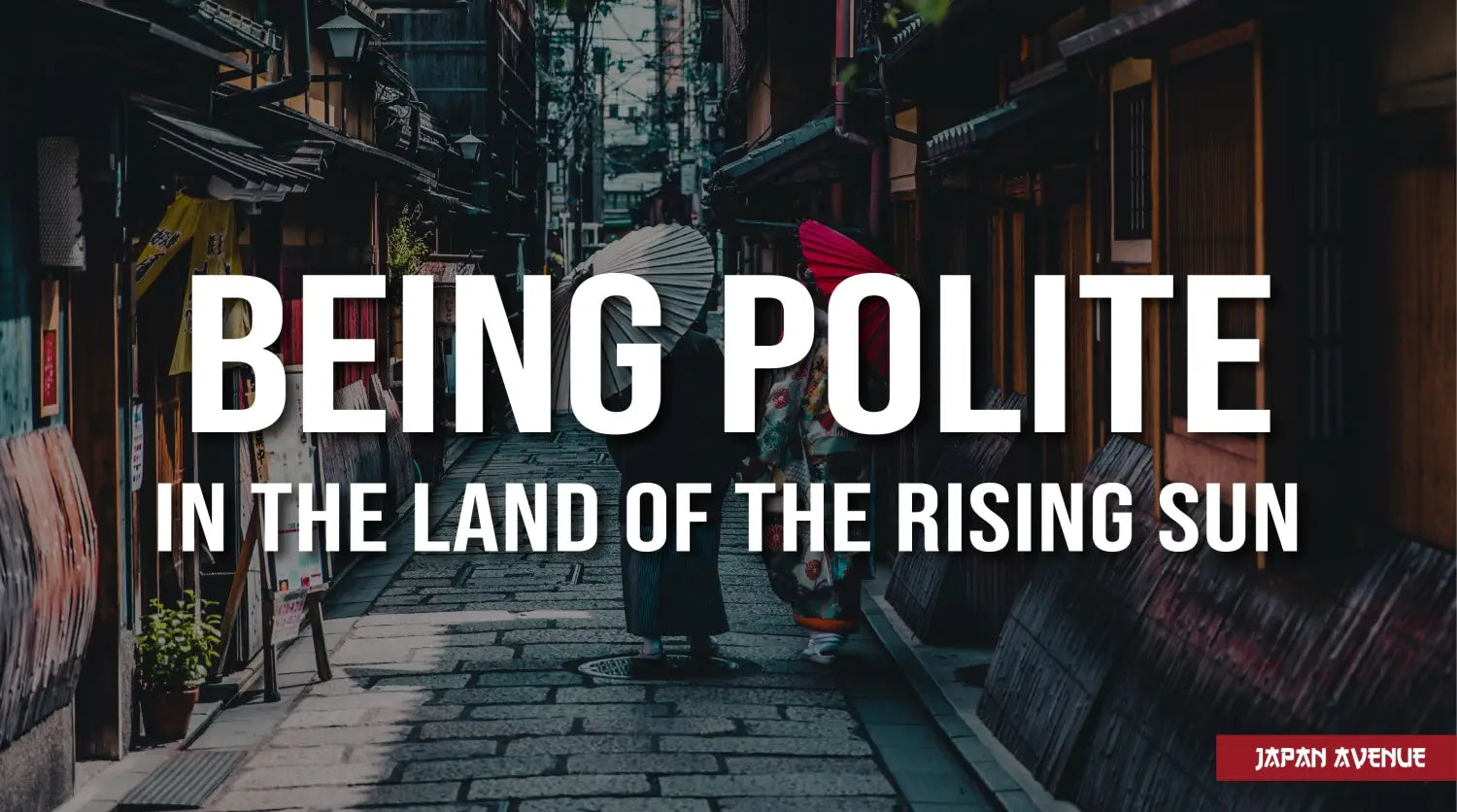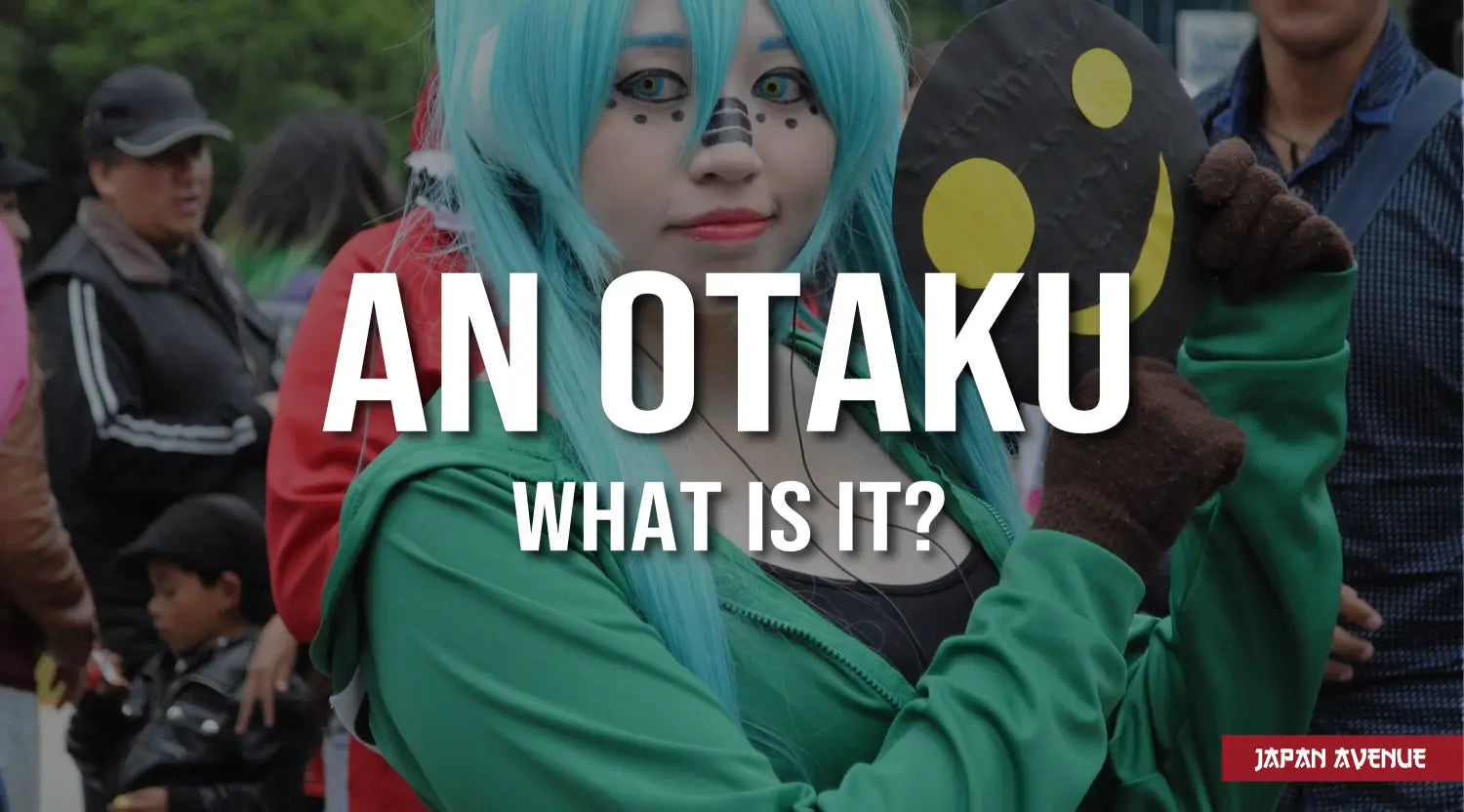Did you know that at least one out of four people in Japan is over 65 years old?
Japan's aging population is the result of an increasing average age of the archipelago's inhabitants due to a low mortality rate and a decreasing fertility rate.
Currently, people over 65 years old represent almost 30% of the population while people under 15 years old are estimated to be only 12%. In a century, the number of elderly people has broken all records while the birth rate is at a very low level.
What are the reasons and challenges for Japan to face this worrying societal phenomenon? Besides, on September 20, seniors are honored in Japan with the Keiro no Hi.
👴 The oldest population in the world

With a life expectancy of 84 years, the country has the oldest population of the world. The explanation lies at both ends of the age pyramid.
🎂 The country of centenarians
Japan is the country with the most centenarians in the world (more than 80,000 in 2020 for a total population of 125.5 million). As in other industrialized and developed countries, life expectancy is high. The average life expectancy is 81 years for men and 87 years for women. However, the quality of life, the progress of medicine and the better access to health care only partly explain this high longevity.
Noteworthy is the Japanese diet that is rich in fish, rice and green tea, and low in meat and sugars. The low rate of obesity and the consumption of products with a high amount of antioxidants, minerals and omega 3 certainly play a role in the increasing longevity. Lastly, community life and Japanese philosophy would have particularly positive effects on health if we are to believe the inhabitants of the island of Okinawa, renowned for its many centenarians.
👶 A low birth rate
On the other hand, the population is struggling to renew itself, since the fertility rate is currently estimated at 1.43 while it should be at least 2.1. If the birth rate has not stopped falling since the post-war period, the demographic decline began around 2005 when the death rate exceeded the number of births.
For this reason, marriage has become more and more rare and late. Today, women value their freedom and their professional careers. Moreover, they have become particularly demanding as to the social and financial status of their suitors, which has led to an explosion in the number of single men.
The integration of women into the labor market, as positive as it is, has contributed to this decline in the birth rate. In Japan, it is indeed very difficult to combine a job with a family life, as the Japanese culture wants work to be very time consuming. Moreover, the lack of childcare facilities and social assistance does not favor motherhood.
The cost of living and the length of studies in Japan also slow down parenthood. Couples tend to be formed late in life and do not always have the financial means to support a child.
Finally, Japanese people seem to have a certain disinterest in sex, which does not help the birth rate, which is already one of the lowest in the world.
🔎 The issues and consequences of an aging population

Source: manuelnumeriquemax.belin.education
Now, the Japanese nation counts more and more elderly people and less and less young working people. Not only is the population aging, but it has been declining steadily for the last ten years. While the Japanese population registered 128 million inhabitants in 2010, it would be likely to decrease by half before 2100, according to statistics.
Japan is experiencing the accelerated aging phenomenon that affects developed countries and this is not without social and economic consequences.
💰The precariousness of seniors
Aging in Japan is a worrying reality that strongly impacts the pension system. With a particularly low number of retirees, many seniors live below the poverty line. In addition, over 10% of them continue to work after the retirement age of 65. Others will even commit crimes in order to get into prison and thus break the solitude while ensuring that they are housed and fed...
💸 An economic challenge
Economically speaking, the aging of the population in the Land of the Rising Sun goes hand in hand with the decrease of the active population and, consequently, a deficit of manpower. This is a real brake on the country's growth! Japan, as the 3rd largest economic power in the world and a member of the G7, risks losing its competitiveness and its global political influence. Lastly, the expenses related to retirement and health care are weighing on public finances.
💡 Solutions to Japan's aging

Older workers in Japan. Source: indianexpress.com
To cope with this demographic crisis, the government is trying to implement solutions. Thus, the Prime Minister of Japan Yoshihide Suga promises a bonus for newlyweds to help them to settle down or to pay for infertility treatments.
The government encourages childbirth with the establishment of free childcare facilities and financial aid for families. Other more original solutions are emerging such as investing in robotics to replace personnel in the health, catering and industrial sectors. Lastly, it would seem that AI is being put at the service of singles to enable them to meet their soul mate.
At the same time, the state is keeping as many people over 65 in employment to cope with the decline in the active population. Thus, a civil servant can work until the age of 80. The increase in the legal retirement age and the increase in the number of older workers will obviously not be enough to compensate for the decline in the active population. Nevertheless, immigration remains very limited in the archipelago, which wants to preserve its cultural identity; the authorities prefer to focus on a birth rate policy.
👨🦳 Keiro no Hi, the day of the elderly

Drawings for the Respect for the Aged Day celebration. Source: japan-forward.com
Ancestor worship is a very important thing in Japan. Moreover, people of the third age are very much considered in the Japanese culture. The day of Respect for the Aged, or Keiro no Hi, was established in 1963 and is a public holiday.
It used to be celebrated on September 15, but it is now held on the 3rd Monday of the month and last year it fell on September 20. This day, the elderly are honored in the Land of the Rising Sun. TV channels broadcast special programs, schools organize shows and children give gifts to their grandparents. Meals are served to seniors and a small silver cup of sake is served to the centenarians of the village. It is a way to express gratitude to the elders. It should be noted that with the increase of life expectancy, these celebrations are likely to become excessively expensive for the communities.
Faced with the ageing of the population, Japan has to find new solutions to preserve the economy and the quality of life. A real challenge for the Land of the Rising Sun.




1 comment
Liam
I love japan avenue 😍
I love japan avenue 😍